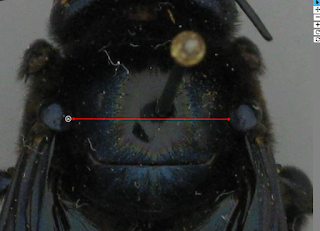Doctor Pusey heard the call
Below is the text of my poem for the Pusey House Creative Arts booklet.
I have always had a deep curiosity for the Oxford Movement but up until recently, it was mostly about John Henry Newman. When I started to read about Dr Pusey, I realised he was a force to be reckoned with, even if he wasn't as well known today.
I don't write poetry that often at the moment but I feel this might be quite good.
Dr Pusey was calling for a new movement of holiness. I like church history because there is the opportunity to understand the impact of one particular person at one specific point in time.
The 1830s were a turning point, another turning point was the 1960s. The interesting thing is I still don't think the full impact of the 1960s has been felt, perhaps not even appreciated. The world is different now but the issues they were dealing with have not gone away.
Doctor Pusey heard the call
When Doctor Pusey read the lines:
“Alas! Can a greater evil befall Christians,
than for their teachers
to be guided by them
instead of guiding” (Tract I)
He entered the fray
like heavy artillery
in what had been a skirmish.
Tract One was a thunder clap in Oxford,
a call to awaken
and we still feel the consequences.
Young Newman had declared the authority of the church
is not a popularity contest
but based on Apostolic Succession.
Whilst Newman in an act of 'betrayal' converted.
You, Doctor Pusey remained convinced.
Convinced in the light of the early Fathers.
Newman who knew about controversy defended you:
“Show that Pusey's facts are wrong but don't abuse him.
Abuse is as great a mistake in controversy
as panegyric is in biography.”
(Letter to Father Coleridge)
Indeed, it was Newman who called you Doctor Mysticus
(St John Henry Cardinal Newman)
who called you a saint
for as you said:
‘Without holiness no man shall see the Lord.’
'Without holiness no man shall see the Lord.'

Comments
Post a Comment